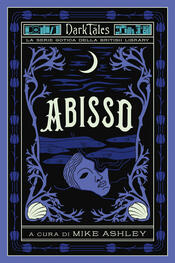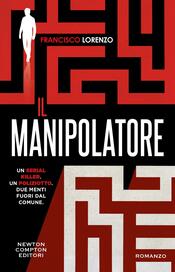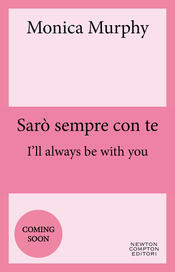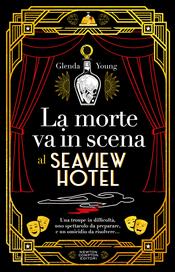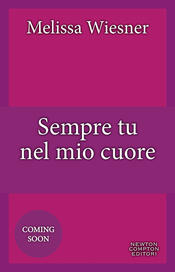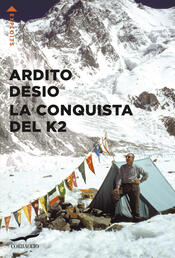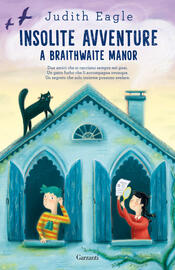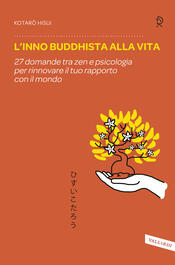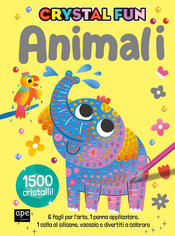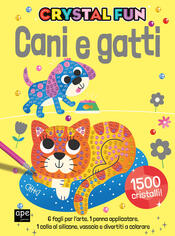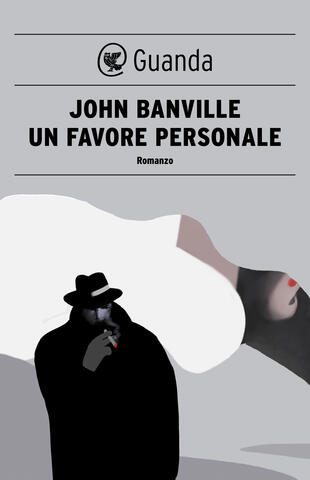

Sinossi
John Banville, nato in Irlanda nel 1945, è uno dei più grandi romanzieri contemporanei. Amatissimo dalla critica (solo per fare un esempio, nel 2014 Pietro Citati sul Corriere della Sera ha definito il suo L’intoccabile "un romanzo straordinario: certo il più bello degli ultimi quarant'anni" per "la vastità, la ricchezza, il terribile riso"), Banville nel corso della sua carriera ha vinto i premi più prestigiosi, fra cui il Booker Prize per Il Mare, il Premio Franz Kafka, il Premio Nonino, l’Irish Book Awards, l’European Literary Award, l’Irish PEN Award e il Premio Principe delle Asturie per la sua opera. Diversi critici e giornalisti lo considerano, con Philip Roth e Haruki Murakami, come uno dei possibili vincitori del prossimo Premio Nobel per la Letteratura. Banville è conosciuto per la sua prosa precisa e fredda, caratterizzata da un'inventiva Nabokoviana, e per il suo umorismo nero. Fra le sue opere, anche una serie di “romanzi gialli” di altissima qualità, ambientati nella Dublino anni '50, che hanno come protagonista l'anatomopatologo Quirke. Dai romanzi di Quirke la BBC e RTÉ hanno tratto una serie TV nel 2014. Dublino, metà anni Cinquanta. Non è un bel periodo per l’anatomopatologo Quirke: una sua ex fiamma muore, un uomo che in passato stimava è in fin di vita e il rapporto con la figlia non è certo dei migliori. E quando Billy Hunt, una vecchia conoscenza del college, gli chiede un favore personale legato all'apparente suicidio della moglie Deirdre, Quirke non sa tirarsi indietro, nonostante senta che l'incontro gli porterà solo guai. Guai che non tardano ad arrivare: l'anatomopatologo si trova lentamente risucchiato in un mondo tenebroso dove droga, perversioni sessuali, ricatti e omicidi sono la normalità. Un mondo dove nulla è come sembra. In una Dublino afosa e opprimente, John Banville ci regala un altro giallo di grande atmosfera e suspense che lo consacra uno degli scrittori più raffinati del genere noir.
«Una prosa di grande, luminosa bellezza, che a ogni pagina sorprende e delizia.»
The Times
«Uno straordinario maestro di stile.»
London Review of Books
- ISBN: 8823507405
- Casa Editrice: Guanda
- Pagine: 342
- Data di uscita: 17-10-2013
Recensioni
8/5/23: Reflecting on this book after seeing the second in the Quirke series featuring Gabriel Byrne: As I say below, I don't like sensationalist serial killer stories, but the 90-minute episode pares things down and tells the story of this book more subtly and powerfully than I recall in reading it Leggi tutto
With Quirke's life now in a bit more of a muddle after the revelations made in Christine Falls, he is making more of an attempt to stay off the drink, but he always needs that one more -- but "of course, it would not be just the one." But it's over tea that he meets with Billy Hunt, an old schoolmat Leggi tutto
This is the new (second) novel written by John Banville under the pen name Benjamin Black. I think I was first on the reserve list at the MCPL. I had enjoyed the first Black book, "Christine Falls," so much that I was quite eager to get my hands on this one. I was disappointed. I truly enjoyed my vi Leggi tutto
Although John Banville is a very good and evocative writer, I was disappointed in this book, especially since, with some reservations, I quite enjoyed "Christine Falls". The characters were unpleasant, much of the mystery takes place in the head of the murdered woman in the months leading up to her
For some reason, this second book by Benjamn Black (a.k.a. Irish Booker-Prize winner John Banville) was easier to get into than the first one. 1950s Ireland is just as parochial and repressed as I had imagined. Although I like the weather which is very Seattle-like. This is a novel of 1950s-era sexu Leggi tutto
A woman is found naked in the river, presumably having committed suicide by drowning. This was at a time when the Catholic Church would not allow suicides in Catholic cemeteries. Also, the family did not want the stigma associated with suicide. Quirke is asked to meet a man he knew in school years a Leggi tutto
Citazioni
Al momento non ci sono citazioni, inserisci tu la prima!






